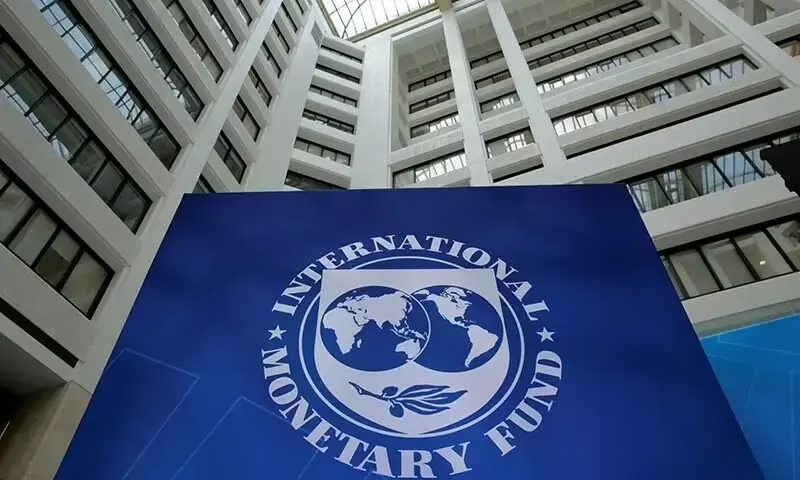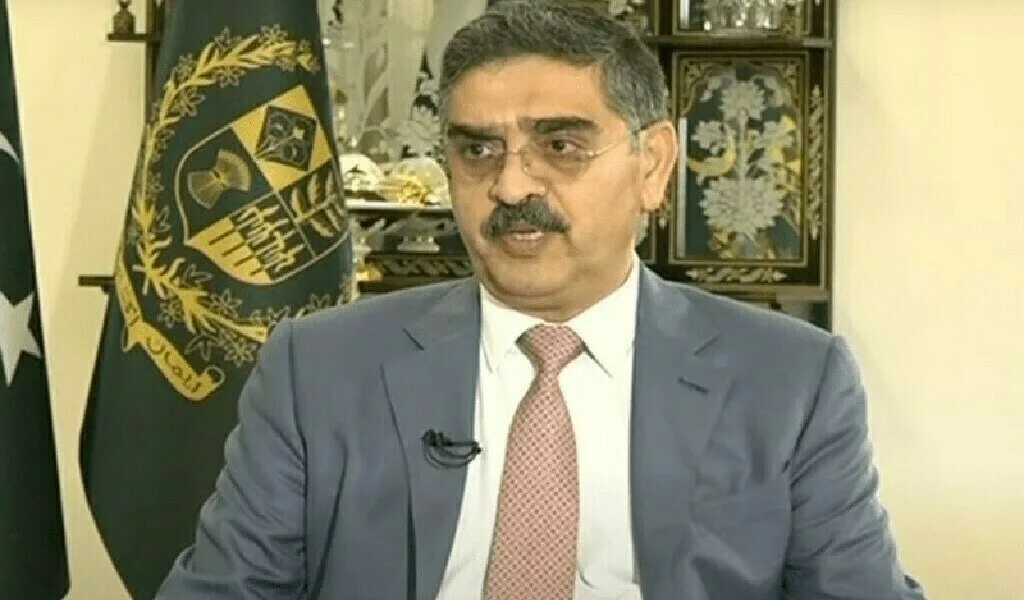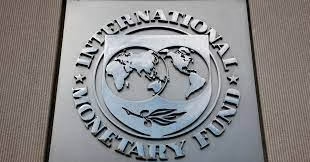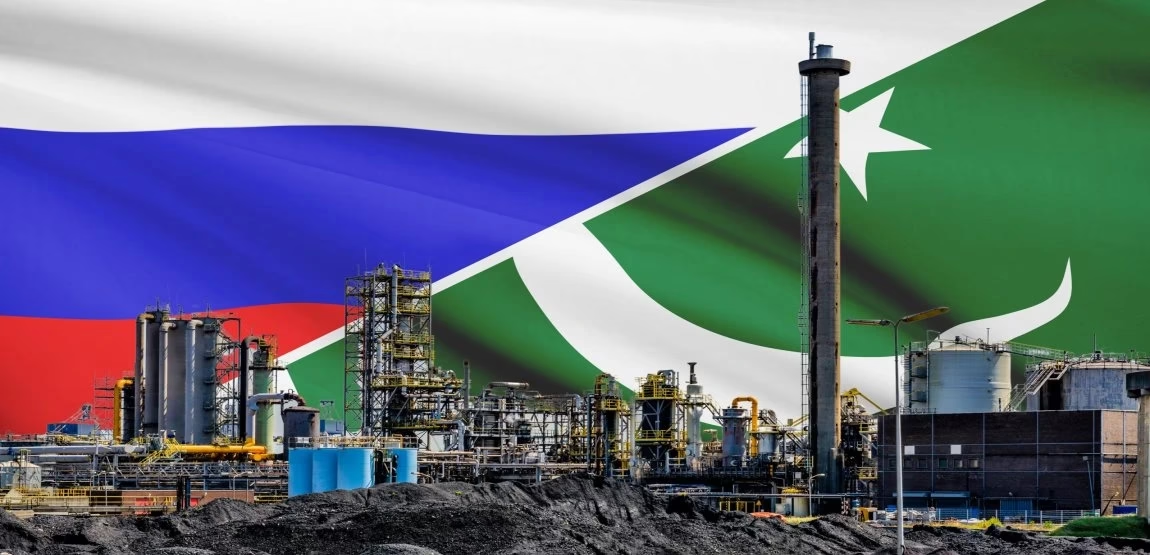The International Monetary Fund (IMF) and Pakistan have reached a staff-level agreement under which the global lender will provide an additional $1.2 billion to the country.
According to an official statement, the IMF has approved a $1 billion tranche under the ongoing 37-month loan program, along with an additional $200 million dedicated to climate resilience initiatives.
The IMF noted that Pakistan successfully met stringent economic targets, satisfying the IMF mission that visited the country from September 24 to October 8. Further discussions after the mission’s departure led to the successful conclusion of the agreement.
“Pakistan demonstrated a 1.6% primary surplus despite the impact of floods and continued implementation of tax reforms,” the statement said. “An action plan has been developed to address any tax shortfalls, while both federal and provincial governments will allocate funds for flood relief efforts.”
The IMF commended Pakistan’s progress in social sector initiatives, highlighting increased funding for the Benazir Income Support Programme (BISP) to reduce poverty. Timely steps were also taken at the federal and provincial levels to support education and healthcare.
Pakistan’s fiscal deficit has reached its lowest level in 14 years, reflecting effective economic reforms and improved tax policy measures. The creation of a Tax Policy Office marks a significant move toward reducing dependence on temporary revenue sources.
The IMF further noted that the State Bank of Pakistan remains committed to maintaining a tight monetary policy to contain inflation within the 5–7% range, while continuing efforts to stabilize foreign exchange reserves and strengthen the economy’s resilience to external shocks.
In the energy sector, Pakistan has pledged to reduce circular debt, ensure timely cost recovery, and advance privatization efforts to improve distribution companies’ performance and minimize public enterprise losses.
The IMF also urged Pakistan to limit government intervention in agriculture, improve food security, and enhance competitiveness in global markets. Under the new tariff policy, Pakistan is expected to promote international trade and uphold its 28-month Resilience and Sustainability (RSS) program for climate commitments.
The country has also been advised to pursue emission reduction goals in the transport sector, improve water resource management, and implement energy-related climate reforms.
Concluding its statement, the IMF mission expressed sympathy for Pakistan’s recent flood damages and extended appreciation for the country’s hospitality during its stay.



